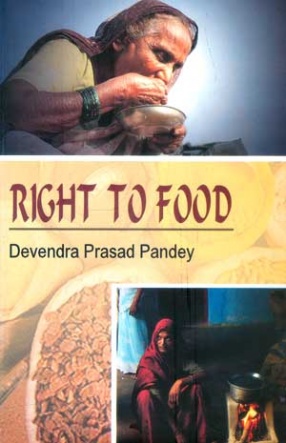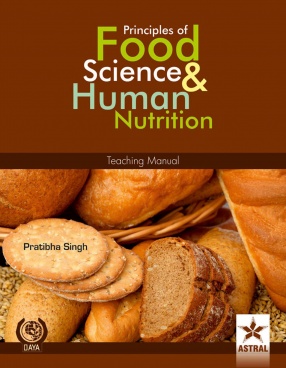Free mid-day meals for school students were first introduced in a Japanese private school in the late 1800s, in Brazil in 1938 and in the United States in 1946. Both Japan and the US boast 100 percent adult literacy. In mid-1995, the government of India launched centrally-sponsored mid-day meal scheme. The Supreme Court gave a wake-up call on November 28, 2001, in the form of an order directing all state governments to introduce cooked mid-day meals in primary schools within six months in a Right to Food case filed by PUCL. The Congress party in its election manifesto, declared for the enactment of Food Security Act or Right to Food Act. But this Act is being realized by all quarters including social activists, political establishment, academicians and others.
A rights-based development approach integrates the political side of development and change efforts-making legal frameworks more just and supportive of the rights of the poor and excluded-with the capacity-building and creative side-strengthening their skills, awarness and possibilities for designing alternatives. Rights-based approaches to development fulfil their promise when they integrate the political, organizing, practical and creative aspects of work on poverty and injustice.
The primary role of development NGOs and donors shifted from being implementers and drivers of development to being allies and fellow partners with people’s organisations and social movements in a collective struggle for change. This implies a much more complex mix of roles that involves sharing and negotiating power in new ways, challenging assumptions, and taking clear, often risky, political stands in favour of people marginalized by poverty and the privilege of others. This book is an attempt to satisfy informative needs of students of various disciplines, social activists, academicians and others on Right to Food.





There are no reviews yet.